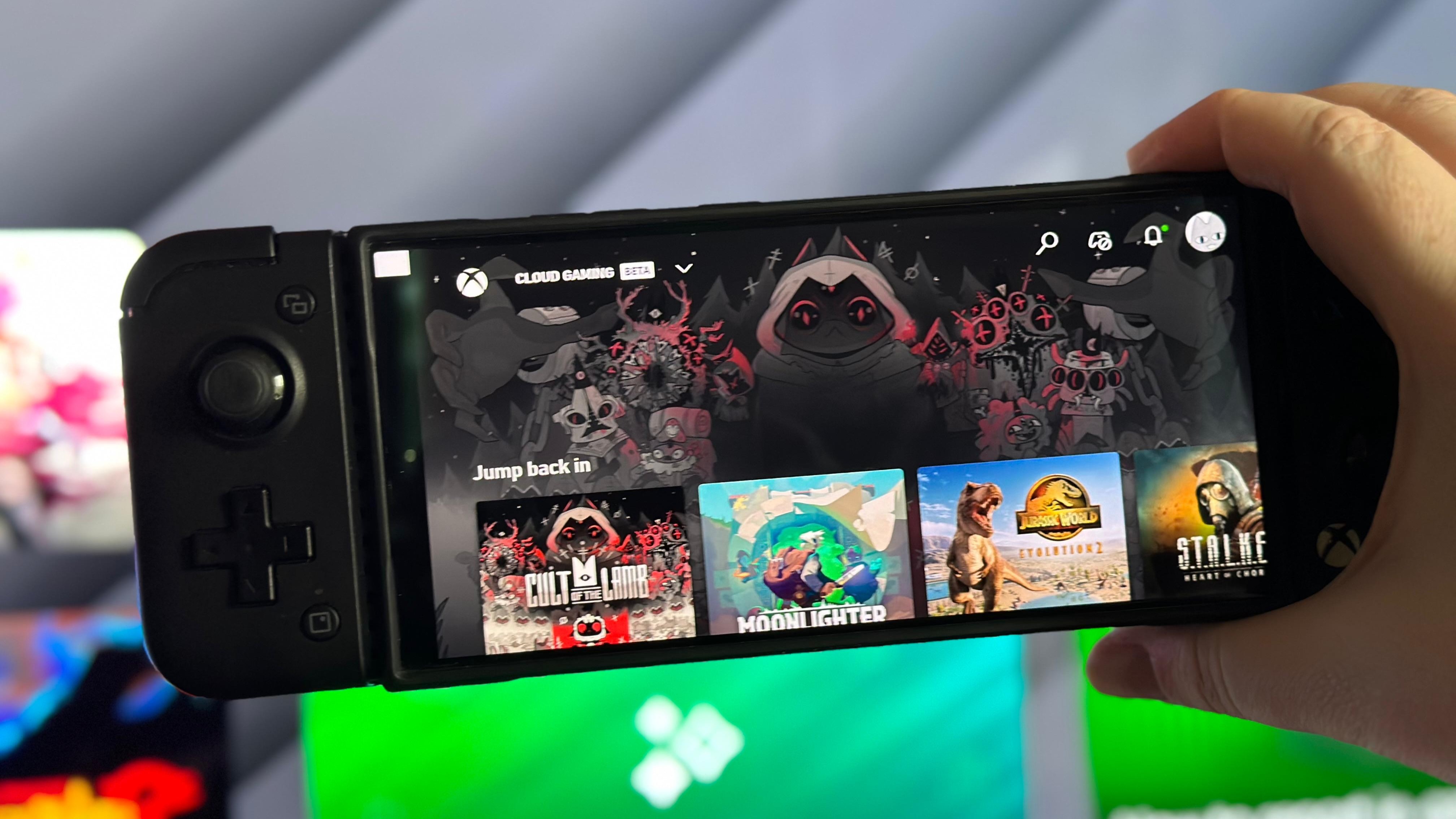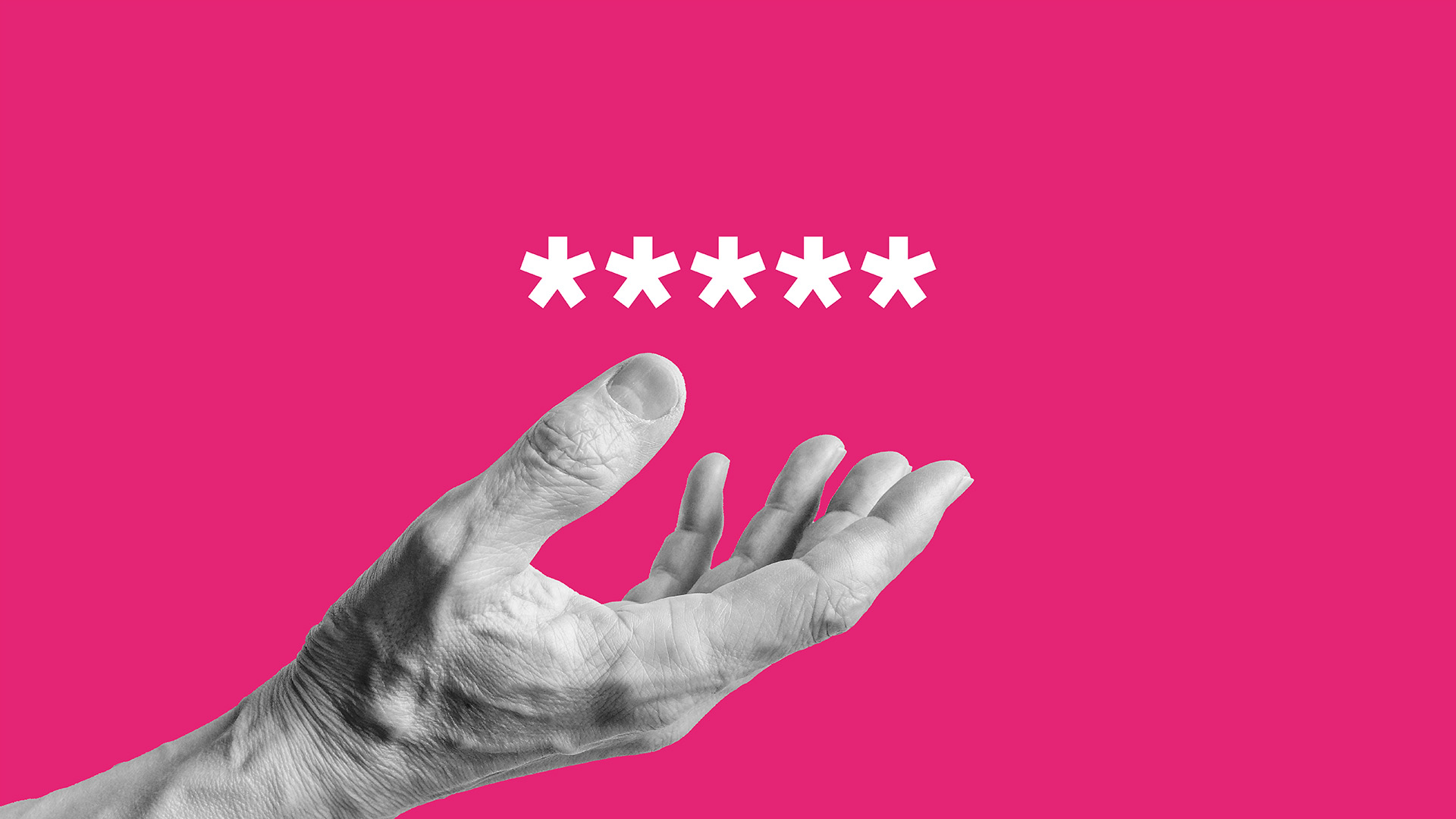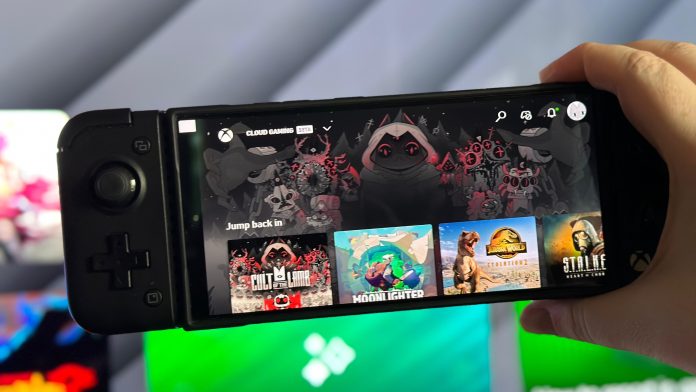
Over the last week, you may have run into a prompt to verify your age to view certain content on the web. “Adult” content is the focus of many laws and new company policies, but verification requirements extend to other types of media and services.
Discord, Reddit, and Xbox are among the popular platforms that either now require age verification or will require it in the future. Whether you’ll need to verify your age depends on where you’re located, but some form of age checks exists on all those services.
X is dealing with its own issues surrounding age verification, though some of its solutions are arguably better than having to scan your face or a government-issued ID. One method X uses to verify age is to look at how old your account is.
The UK’s Online Safety Act prompted websites to add age verification. The law going into effect caused VPN usage to spike.
Last Friday, Proton VPN observed a 1400% hourly increase in sign-ups. Google searches for Proton increased 100-fold on the day.
Several of the top 10 apps in the UK version of Apple’s App Store are VPNs. Another app on that list is Yoti, which is an age verification tool used by several popular websites.
Australia has relatively new legislation that bans social media use for younger teenagers. That ban will include YouTube, even though the company argues it isn’t a social media platform.

“Our position remains clear: YouTube is a video sharing platform with a library of free, high-quality content, increasingly viewed on TV screens. It’s not social media,” a YouTube spokesperson told Reuters.
It seems likely that more countries will adopt similar laws in the future. Several states in the US require age verification to view adult content as well.
VPNs are not the only tool being used to bypass age verification requirements. Some discovered that you can use the photo mode of the video game Death Stranding to get around Discord’s k-ID system.
Anecdotally, I am aware of several people in the UK who have bypassed age verification systems by finding a generic government ID online.
While it seems age verification for mature content is here to stay, I’m curious how you feel about it. I’d love to know whether people’s thoughts vary by platform or stay the same across the board.
Our position remains clear: YouTube is a video sharing platform with a library of free, high-quality content, increasingly viewed on TV screens. It’s not social media.
YouTube representative, to Reuters
I can understand why people want to prevent children from accessing adult content, but I’m not sure the methods being rolled out now accomplish that goal.
For example, YouTube will not prevent children from viewing content. It will only prevent children under 16 from making accounts. If you’ve ever browsed YouTube without an account, you’ll see that mature content is more likely to appear than if you have an account and have only shown interest in child-friendly content.
That policy seems to be in place to protect YouTube from legal troubles, rather than to actually prevent kids from being exposed to adult content.
There are also questions regarding privacy and security, which is evidenced by how many people have resorted to a VPN to view mature content in the UK and how many have sought workarounds to age verification.
What are your thoughts on age verification for adult content and social media use? Let us know in the comments below and vote in the poll above to share!
